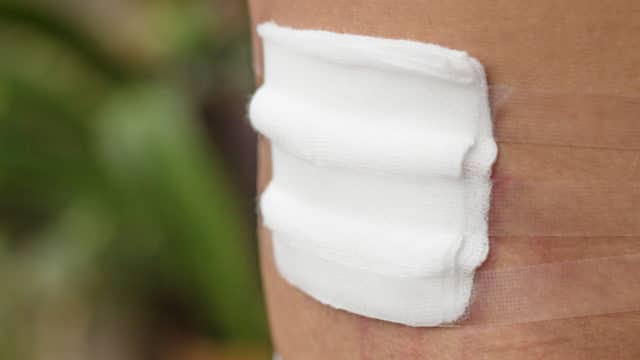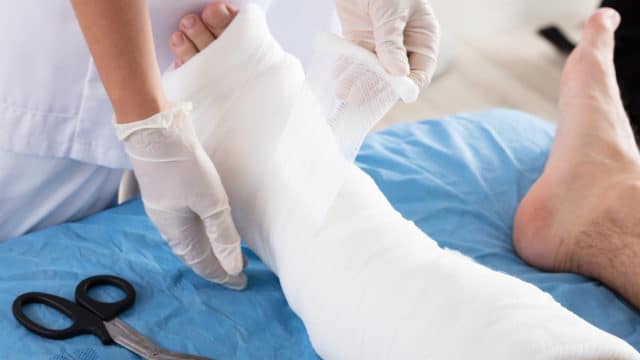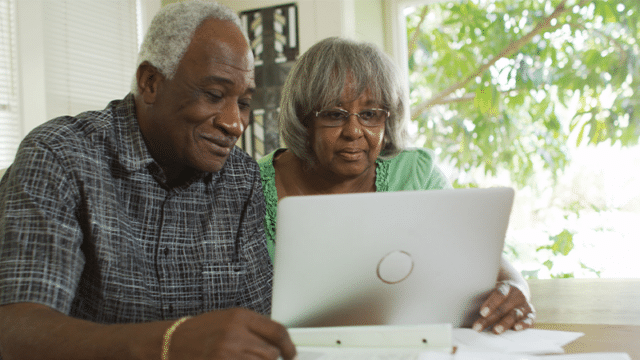A Message From Dr. Ennis During Wound Care Awareness Week
Written by Healogics Chief Medical Officer, Dr. William Ennis.

I could not think of better timing for us to be celebrating Wound Care Awareness Week than right now! We have all endured the unthinkable, a pandemic that has taken over 100,000 American lives and 360,000 worldwide. The US numbers are greater than the number of lives lost in major wars. Wound care providers, however, continued to provide the necessary and important care that their patients needed through it all. The fact that wound patients share many of the same conditions that make them vulnerable to COVID-19 created a major dilemma for the wound care providers.
Do I see my patient in the clinic to prevent further worsening, admission or a trip to the ED, and potentially expose them to the virus in the hospital setting, or defer their care? What a decision to have to make! We came together as a community and developed, deployed and successfully implemented a telemedical platform that allowed us to bridge the gap, triage those patients that needed in-person care, and safely provide guidance and continued care to the others in their own home environment.
Wound care was elevated by CMS and many payers to the status of an “essential service” and 97% of our clinics were able to continue to operate, albeit on a reduced level, throughout the pandemic. We have and will continue to hear of providers becoming exposed, contracting and unfortunately even dying from the virus. However, as a community, we continue to treat patients and serve the greater good.
The effects of COVID-19 are continuing to evolve and baffle our best scientists and researchers. We are now seeing effects at the microcirculation level, as eloquently just described in a New England Journal of Medicine article. (https://www.nejm.org/doi/full/10.1056/NEJMoa2015432 These microcirculation changes are leading to clot formation in both the veins and arterial systems, as well as in many organs. Skin changes that look like deep tissue injury are forming on COVID patients in areas of the skin that were not exposed to pressure. In addition, these skin blood flow issues make the traditional pressure points even more vulnerable to the development of pressure injuries. If these microcirculation and angiogenesis effects become more prevalent, it is highly likely that we will begin to see these patients in our wound clinics in the future. Patients are recovering from COVID but are now being evaluated for the presence of chronic effects that might impact our wound care practices.
I am proud to be a wound care physician and even more proud to work alongside my colleagues. We should celebrate Wound Awareness Week as a community and be proud of the work we have accomplished. We should be humbled by what we do not know and how much more work there is to do. Finally, we should be reflective and have sympathy for the thousands of individuals who have lost their lives to this horrible disease.
Thanks for all you do, Happy Wound Care Awareness Week!
For more information, please visit https://www.healogics.com/wound-care-awareness/.



